Army chief General Upendra Dwivedi visits forward locations in Srinagar, Uri, and Unchi Bassi and interacts with troops.
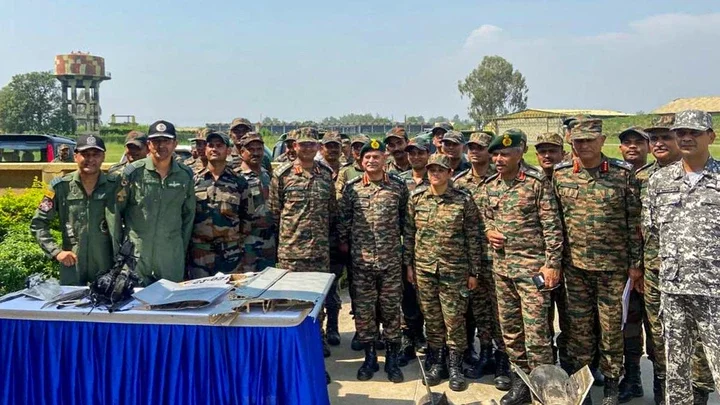
India and Pakistan have agreed to continue the understanding to "stop all firing and military action on land, in the air and sea" that came into effect from 5 p.m. on May 10. Both countries will also continue the "confidence-building measures" aimed at reducing the alertness levels, the Indian Army said on Thursday (May 15, 2025) without clarifying if the two Directors-General of Military Operations (DGMO) had spoken to each other. Pakistan claimed "military-to-military communications" took place on Wednesday and Thursday and the ceasefire would remain in effect till May 18.
Meanwhile, as guns remained silent and no drones were sighted over the past two days, Army chief General Upendra Dwivedi visited forward locations in Srinagar, Uri, and Unchi Bassi and interacted with the troops.
"Further to the understanding between the two DGMOs on May 10, 2025, it has been decided to continue the confidence-building measures so as to reduce the alertness level. As situation develops further, we shall intimate you," the Army said. However, there were no further clarifications on how it was agreed and if the two DGMOs spoke on the established hotline on Thursday (May 15, 2025) as claimed by Pakistan.
Pakistan's Foreign Minister Ishaq Dar informed Parliament In Islamabad that both sides had "military-to-military communications" on Wednesday and Thursday and "today we had a conversation and it is a ceasefire until May 18", news agency AFP reported.
In response to the Pahalgam terror attack, India launched precision strikes on nine terror infrastructure in Pakistan and Pakistan-occupied Kashmir in the early hours of May 7 under Operation Sindoor. The military confrontation between the two countries then continued till May 10, when the two DGMOs spoke on the hotline at 3.35 p.m in a call initiated by the Pakistani side. An understanding was reached to "stop all firing and military action on land, in the air and sea" that came into effect from 5 p.m. on May 10 and it was agreed that they would speak again on May 12.
During the call at 5 p.m. on May 12, the two DGMOs discussed issues related to continuing the commitment that both sides must not fire a single shot or initiate any aggressive and inimical action against each other.
"It was also agreed that both sides consider immediate measures to ensure troop reduction from the borders and forward areas," the Army had stated.
Israel backs India
Separately, Israel on Thursday extended its full support to India's rightful fight against terrorism while lauding the success of Operation Sindoor. This was conveyed by Major-General (Res.) Amir Baram, Director-General, Israeli Defence Ministry, in a telephone conversation with Defence Secretary Rajesh Kumar Singh.
"Both sides reaffirmed their commitment to deepen bilateral defence ties and discussed a future road map to further strengthen strategic cooperation," the Indian Defence Ministry said.
Army chief lauds troops
During the interaction with troops on the ground, General Dwivedi appreciated their "precise and bold actions" that resulted in the destruction of terror camps in Pakistan-occupied Kashmir - a key operational success of Operation Sindoor, Army officials said. "The visit was a heartfelt gesture of appreciation, focusing not on operational review but on saluting the courage and spirit of troops from all arms and services who played a pivotal role in decisively repelling Pakistani aerial and ground provocations," an Army official said.
While praising their collective grit, high morale, and seamless coordination in countering multiple threat vectors, the Army chief also appreciated the humane role played by the troops in providing relief and assistance to civilians affected by Pakistan's unprovoked and cowardly cross-LoC shelling, officials added.
'Massive victory'
Meanwhile, John Spencer, Chair of Urban Warfare Studies at the Modern War Institute, said Operation Sindoor redefined India's red lines, treating terror attacks from Pakistani territory as acts of war while terming it a "massive victory".
"India struck back harder, but stopped short of general war. That is textbook deterrence: calibrated, controlled, and credible," he said. Mr. Spencer, a veteran, observed that India achieved and "exceeded its strategic aims" in just four days of calibrated military action calling it the application of "decisive power, clearly applied", not just symbolic force.

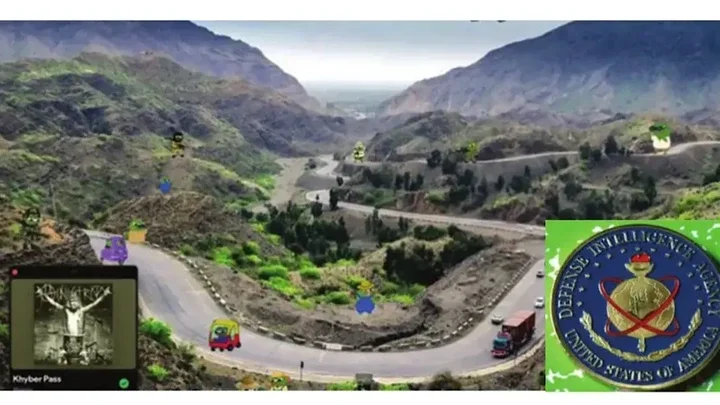
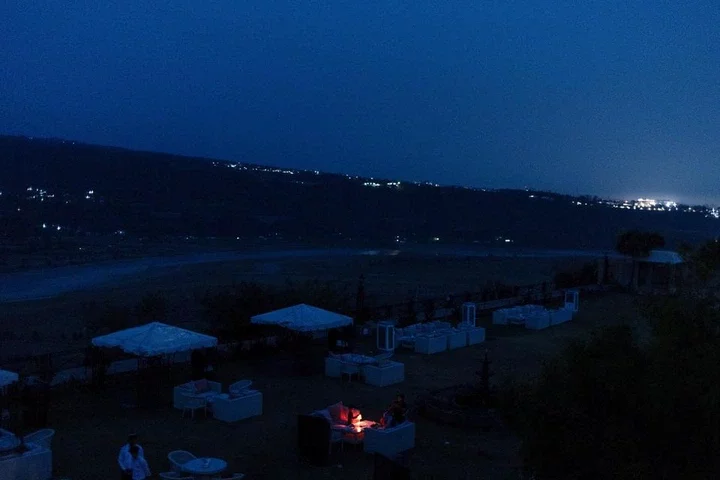
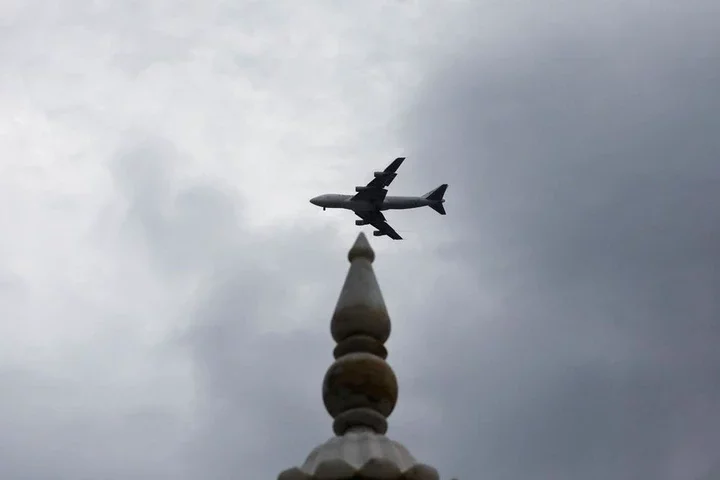
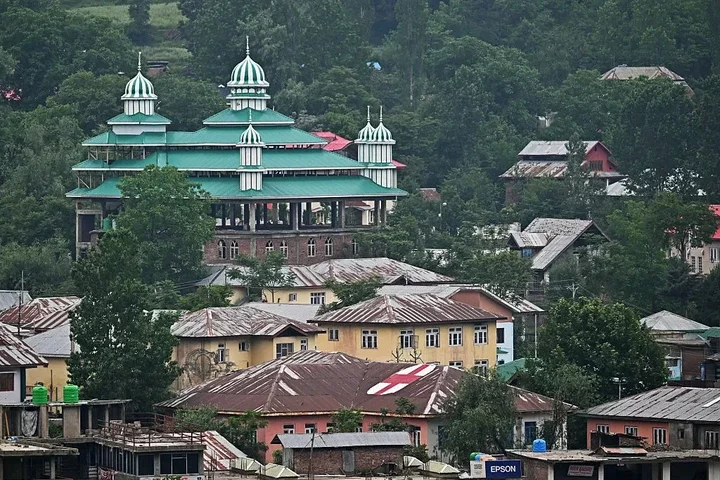
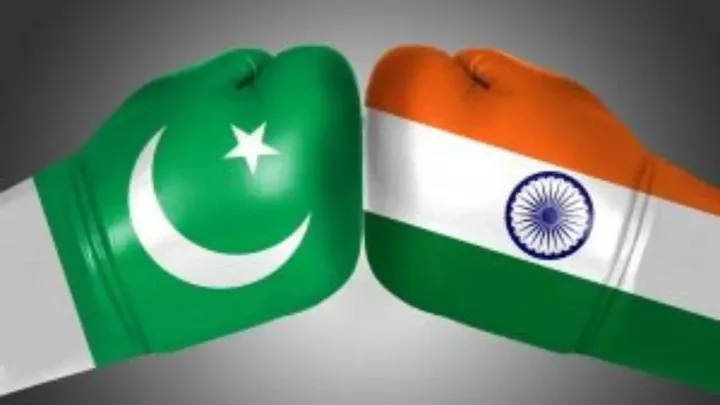
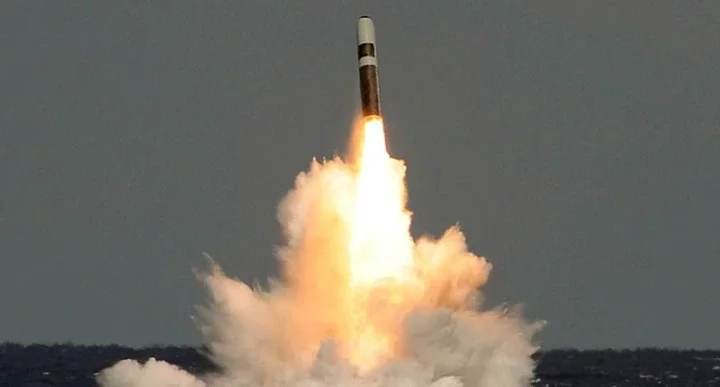










Comments